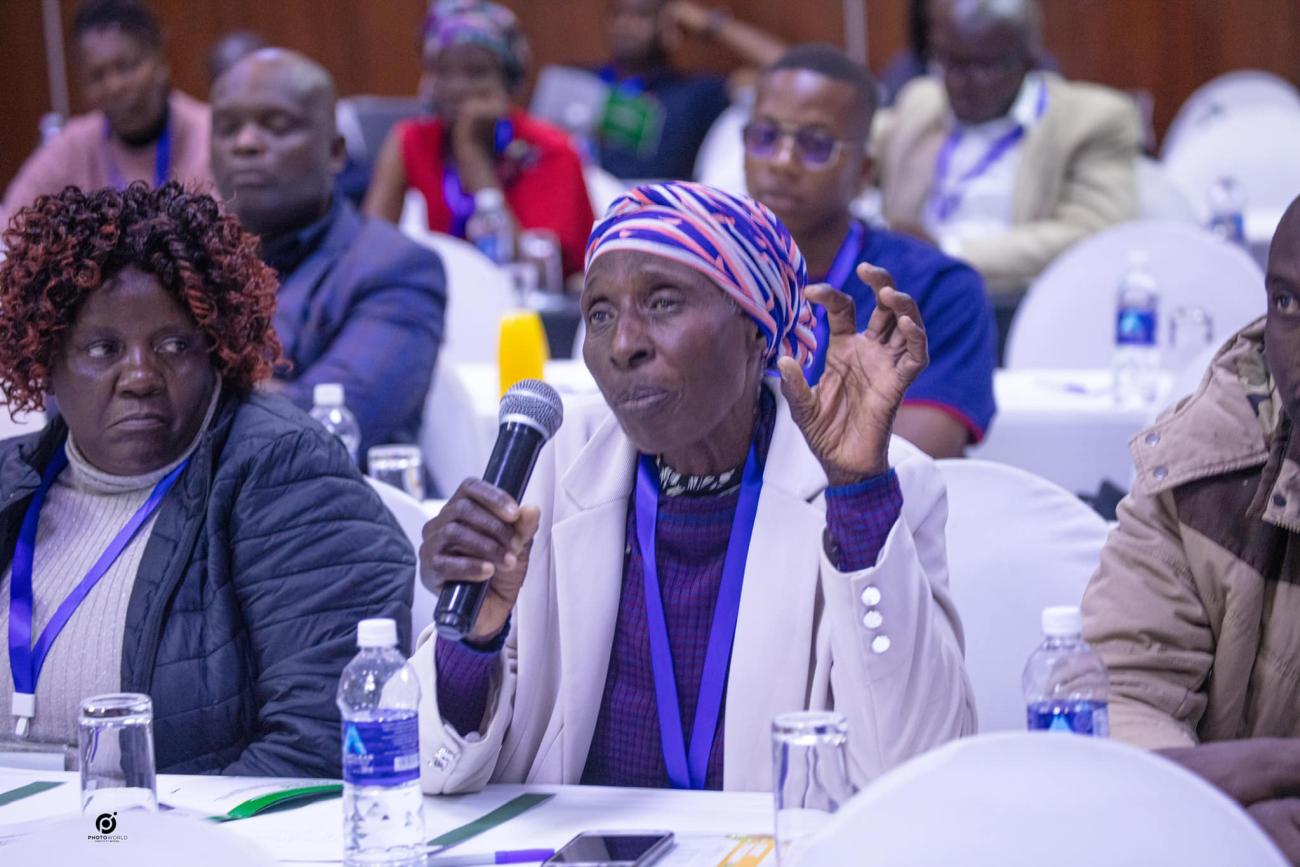Harare, 02 September 2024 – At the 4th National Horticulture Conference and Exhibition held at Harare's Cresta Lodge, Mr. Edward Kallon, the United Nations Resident and Humanitarian Coordinator, delivered a heartfelt message on the urgent transformation needed in Zimbabwe's horticulture sector. This initiative, he noted, is not merely a matter of economic progress but a vital step towards building resilient communities and fostering sustainable development across the nation.
Under the theme "Transforming the Horticulture Sub-Sector through Export," the conference brought together a diverse array of stakeholders, including the representatives of Ministry of Lands, Agriculture, Fisheries, Water and Rural Development, along with officials from the Zimbabwe Investment Development Authority, Zim Trade, and other key national and international partners.
Highlighting the pressing challenges Zimbabwe faces due to climate change – particularly chronic droughts – Mr. Kallon emphasized the importance of adopting climate-resilient agricultural practices that can withstand these adversities. "Horticulture not only holds the potential for boosting exports but can also serve as a lifeline for many families in Zimbabwe," he explained. "By prioritizing value addition and minimizing waste through innovative technologies, we stand to enhance our export capacity, generate foreign currency, and create meaningful jobs."
Mr. Kallon’s words resonate with global best practices in community resilience. Countries that have invested in horticulture, such as Kenya and the Netherlands, showcase how strategic partnerships and enhanced agricultural practices can lead to remarkable economic and social outcomes. By fostering strong connections between local farmers, researchers, and markets, Zimbabwe can adopt similar approaches to cultivate its horticulture potential.
“Investing in the local agricultural capacity of communities is essential for resilience,” Mr. Kallon stressed. He called for collaborative efforts across sectors, urging both public and private entities to mobilize resources that can transform Zimbabwe's horticultural landscape. “Together, we can build policies and projects that not only aim for Sustainable Development Goals (SDGs) but also empower the very communities that rely on agriculture for their livelihoods.”
Moreover, Mr. Kallon proposed integrating the horticulture sector more thoroughly within the broader agricultural framework. This includes bolstering local agricultural practices, developing robust value chains, enhancing community competencies, and supporting sustainable policies that nurture food systems.
The conference served as a platform for fruitful discourse aimed at establishing Zimbabwe’s horticulture sector as a cornerstone for economic vitality and community resilience. “This is a pivotal moment for Zimbabwe,” Mr. Kallon noted. “The United Nations remains committed to partnering with the nation, igniting a shared vision for an equitable and sustainable future.”
With the right investments and community engagement, Zimbabwe can turn its horticulture ambitions into reality, growing hope and securing a better tomorrow for current and generations to come.






